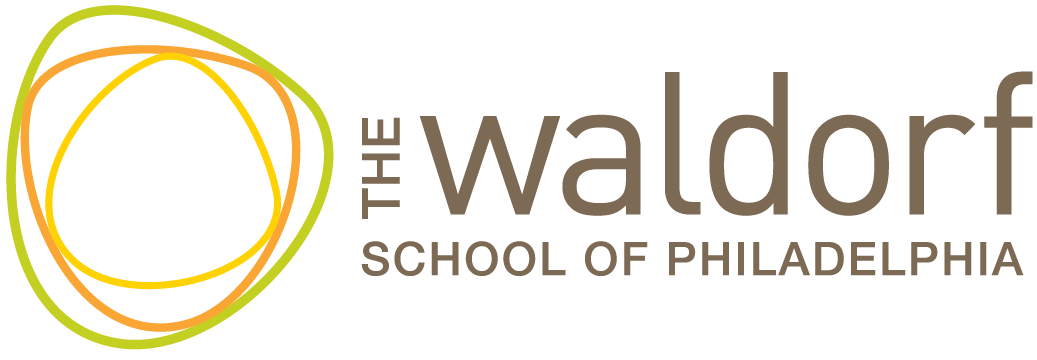
A Global Curriculum
The Waldorf School of Philadelphia introduces your child to the world, from our historic campus in the heart of Germantown.
It’s not what to think, it’s how to think.
Tomorrow won’t ask of our children what today asks of us. At the Waldorf School of Philadelphia, we help students develop capacities like collaboration, problem solving, empathy, and creativity, so that whatever tomorrow demands, they are ready.
We focus on relationships: between abstract concepts and practical experiences, between teachers and students, between the inner life of the children and their experiences at school, between the ideas we discuss today and deeper dimensions of those ideas, rediscovered in the curriculum in subsequent years, as children grow.
Throughout the grades, students are given opportunities to understand themselves in the context of their family, class, community, and the world, developing both individuality and connectivity. Through storytelling and meaningful academic, artistic, practical, and social experiences, children see the world through the eyes of others and develop a deep connection to their education. Our graduates head into high school and college with a unique depth and breadth of knowledge and a lifelong love of learning.
Rooted in over 100 years of research into child development, Waldorf education is active and experiential. Our intentional curriculum educates the whole child, provides challenges that build children’s resilience while nurturing their strengths, and takes advantage of each unique moment in a student’s cognitive, emotional, and social development.
How does the Waldorf curriculum meet students at each stage of their development?
Finding unity as a class: First Graders sing together, rather than in multi-part harmony, in order to learn to come together as one unified class, as they begin their journey together through the grades.
Feeling capable in the face of change: When children are about nine years old and going through profound inner change as Third Graders, they are met with our farm curriculum, grounded in the earth and abundant in the practical tasks they crave.
Discovering individuality while valuing community: In Fourth Grade, students often learn fractions by counting the number of students in the class and calculating what fraction of the class each person represents: “I am 1/21st of my class.” This allows them to see themselves as individuals who are also parts of a whole: an important perspective for the Fourth Grader, who has a desire to strike out on their own but also wants to know that they are part of something bigger.
Recognizing oneself in the story of life: The revolutions happening in the inner world of the Eighth Grader are mirrored in the historical political revolutions they study. Similarly, learning about anatomy and physiology at this age helps adolescents, whose bodies are changing rapidly, understand the transformations they are undergoing, see the beauty and order of the human organism, and develop a sense that their bodies will serve as tools to help them accomplish the tasks they want to undertake in life.
Learn more about our intentional curriculum in Early Childhood, Lower School, and Middle School.
Learn how diversity, equity, inclusion, and justice are woven into our curriculum.

“The intentionality of the school attracted me. The traditions, pace, and values are what make it a wonderful place for my children. The Waldorf teacher’s ability to blend experience, empirical research, and pedagogy is unmatched.”
—Jenai Grigg, Early Childhood & Lower School Parent


